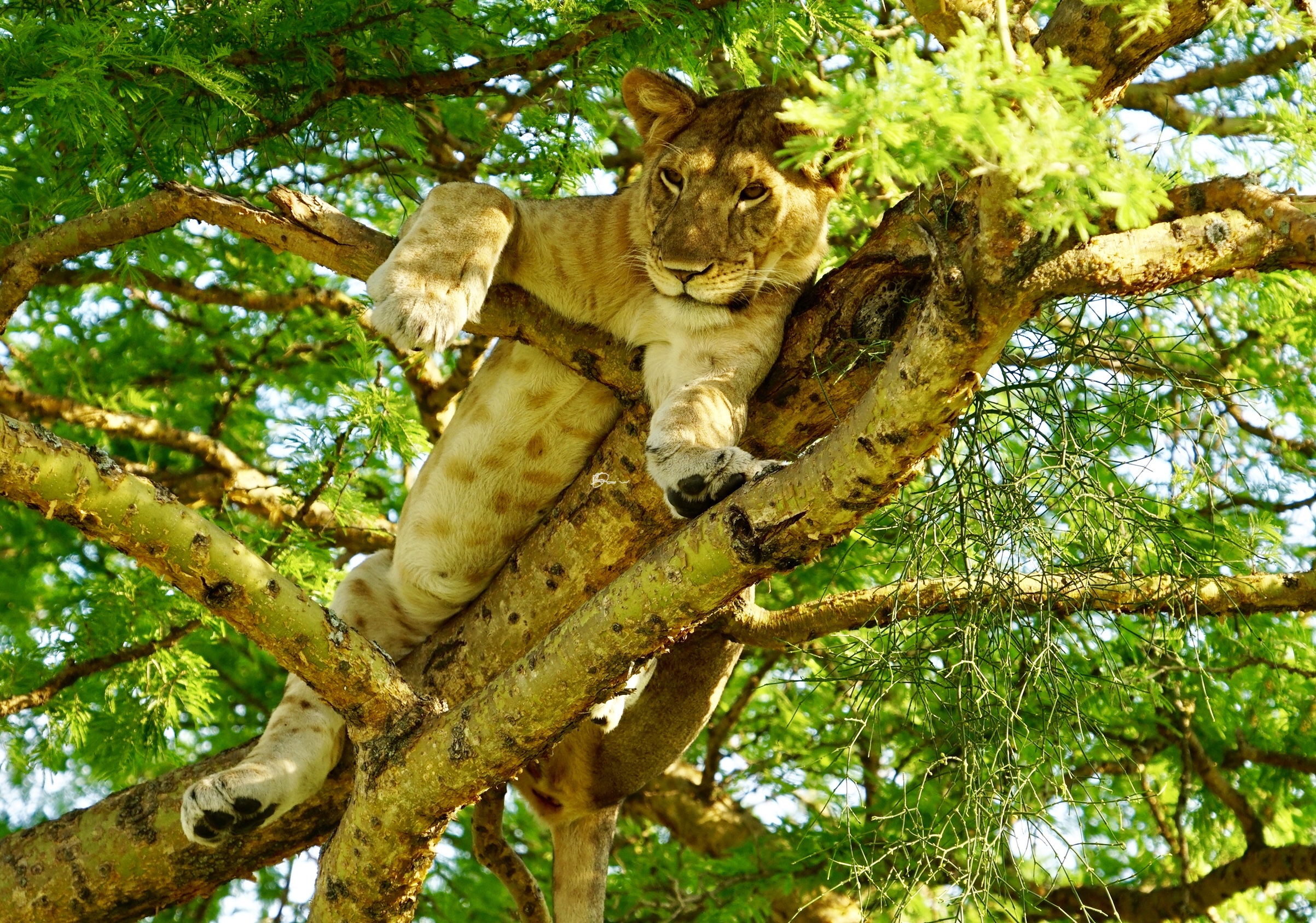Unraveling the Mystique: Understanding Why an African Safari Can Be Expensive
Unraveling the Mystique, Embarking on an African safari is a dream for many adventure seekers and nature enthusiasts. The allure of witnessing majestic wildlife in their natural habitat, exploring diverse landscapes, and experiencing the magic of the African wilderness is undeniable. However, one question that frequently arises is, “Why is an African safari so expensive?” In this article, we will delve into the factors that contribute to the cost of an African safari, offering insight into the intricacies of this unforgettable journey.
Conservation and Sustainability Efforts:
A primary reason behind the higher cost of an African safari lies in the dedicated conservation and sustainability efforts. Africa’s wildlife and ecosystems are under constant threat from poaching, habitat destruction, and climate change. To ensure the survival of endangered species and protect the environment, reputable safari operators invest significantly in conservation initiatives. These efforts include anti-poaching patrols, community-based conservation projects, and supporting local communities to foster wildlife-friendly practices. As a result, the costs incurred are factored into the overall safari expenses.
Remote and Challenging Locations:
Africa’s most spectacular wildlife reserves and national parks are often situated in remote, isolated regions. The cost of reaching these destinations can be high due to the need for specialized vehicles, experienced guides, and internal flights. Additionally, maintaining accommodations and amenities in these challenging environments adds to the expenses, contributing to the overall safari cost.
Expert Guiding and Safety:
A successful safari experience depends greatly on the expertise of professional guides. These knowledgeable individuals possess an in-depth understanding of local flora and fauna, ensuring visitors have meaningful encounters with wildlife while adhering to strict safety protocols. Hiring skilled guides, often with years of experience and specialized training, is a crucial aspect that adds to the overall expense.
Exclusive Accommodations and Amenities:
African safaris offer a wide range of accommodation options, from basic tents to luxurious lodges. Many travelers seek exclusive lodges and tented camps that provide a higher level of comfort, privacy, and personalized service. These exclusive amenities and facilities often come at a premium, influencing the overall cost of the safari experience.
Limited Ecological Footprint:
Responsible safari operators prioritize sustainable practices to limit the ecological impact of tourism. This includes operating smaller, eco-friendly camps and limiting the number of guests to minimize disturbance to wildlife and natural habitats. As a consequence, prices are adjusted to offset the lower guest capacity and maintain a balance between sustainability and profitability.
Administrative Costs and Permits:
Obtaining permits for wildlife viewing and park entry comes with administrative costs that add to the overall expenses of an African safari. Furthermore, adhering to strict regulations and obtaining the necessary permissions to conduct safaris in protected areas contribute to the increased prices.
FINALLY:
An African safari is a life-changing experience, immersing travelers in the breathtaking beauty and rich biodiversity of the continent. While the cost may seem steep at first glance, understanding the factors behind the expense helps to appreciate the value and importance of these incredible journeys. From conservation efforts to expert guiding, exclusive accommodations, and sustainability practices. The higher cost is an investment that supports the preservation of Africa’s natural treasures for generations to come. So, if you have the chance, embark on this awe-inspiring adventure and witness the magic of an African safari firsthand.

